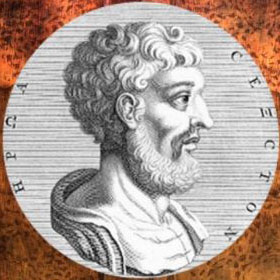PIERRE BAYLE INSTITUTE
What is meta-journalism
For us, meta-journalism (with hyphen) is deeply related to what Seth Abramson calls metamodernism: “ adopting a ‘both/and’ philosophy in which one simultaneously embraces two opposing poles and, in so doing, creates a new edifice of meaning.” This metajournalism (for Abramson without hyphen) is not a brand new phenomena developed in the slipstream of the decline of democracy and the manipulations of populism, but has deep historical roots in the history of philosophy, the criticism of dogmatism known from the works of Sextus Empiricus. The challenge for us is to develop an acceptable notion of Phyrrhonian skepticism, in line with the interpretation of Sextus by Tad Brannan, in which scepticisme (from the Greek word Skeptikos, which plainly means researching) comes close to this notion of meta-journalism. This field of cultural research is, for us, above all inspired by Pierre Bayle, ‘Philosopher of Rotterdam’, best seller author, journalist and, together with his publisher Reinier Leers, printed text innovator. (study in Dutch)
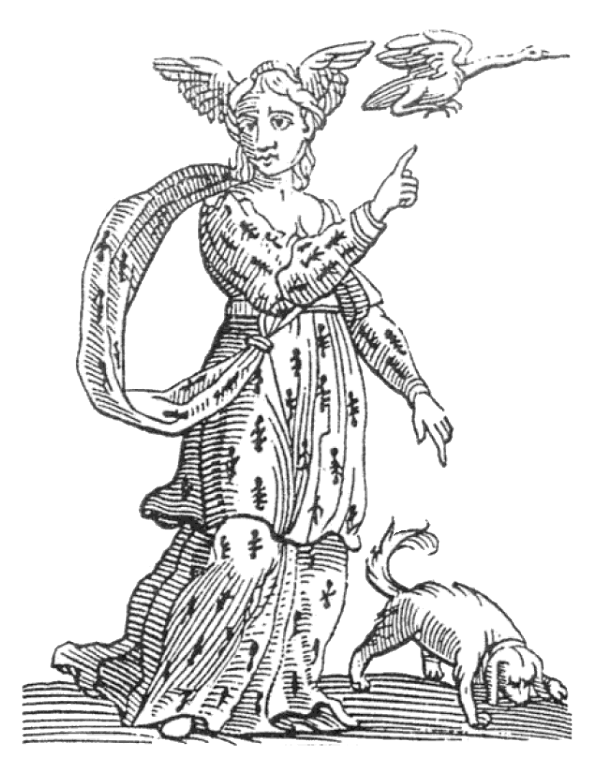
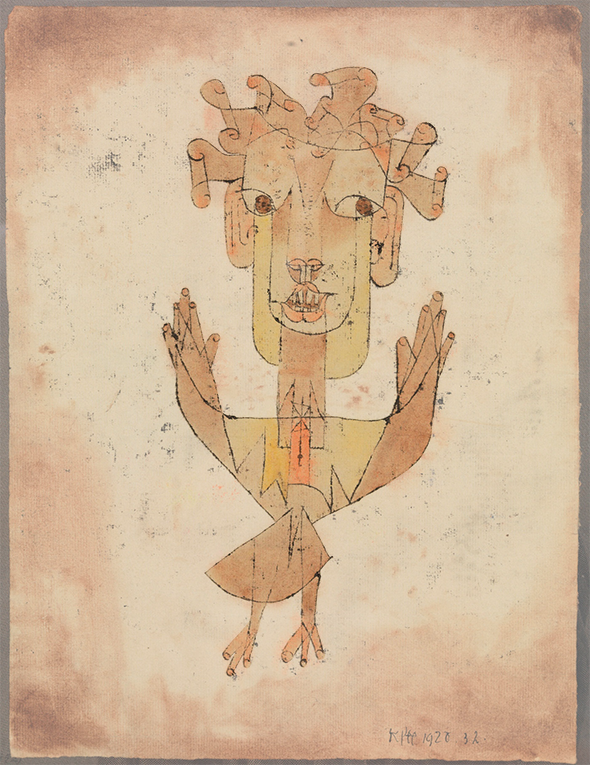
Our research
Pierre Bayle speculates in his Dictionary (DHC “Caïnites” rem. D) about the problems of good and evil and the shortcomings of the Spinozists and there “Laws of the Communication of Motion”. He sees a much richer system in the writings of Nicolas Malebranche: “Among [the Cartesians], the one [i.e. Malebranche] who has best turned to advantage the simple and general Wills of God very clearly insinuates that there are a large number of occasional causes that are unknown to us. Now, these occasional causes are nothing other than the volitions and desires of certain intelligences [angels]. These must be posited wherever the laws of the communication of motion are not capable of producing certain effects.” To this he also quotes Jean Bodin: “God himself, for the Generation, Preservation, and save Guard of all Things, hath every where appointed Angels over all Beings, Heavenly and Elementary, over Animals, Vegetables, Fossils, Cities, Provinces, Families, and every single Man (..).” We dream, like Hegel, of an inclusive Philosophy in which the notions of gods and angels, but also cities and provinces, can be translated in specific human action, capabilities and the notion of free will. From this position, it is a very small step to contemporary discussions like the one James Bridle initiates in his book “Ways of Being”, and, for a meta-journalist, to the metamodernism of Abrahamson.
Our workshops
You can attend our two weeks workshops online (via Jitsi). You can also choose to attend the second week of the workshop personally at our Institute in Rotterdam. A workshop consist of six meetings in two weeks. One meeting will take about three hours.
During the course of the workshop you will get information about its content, how to approach the subject matter, what to read, what to write, and we will extensively discuss the subject matter and points of view.
The result will be a heightened sensitivity on the ways to approach the subject, together with an extended network of sparring partners.
When you attend the second week of the workshop in person we have an extension of the workshop program about what to see and do in Rotterdam. We also have a list of rooms and apartments in the neighbourhood to book and stay in for the week.
For 2024 we have two workshops in our program about the next two subjects.
– Human Rights in Perspective
From cultural relativism to Future Practice
– Who owns our language?
A perspective on human language and its extension to Artificial Intelligence.
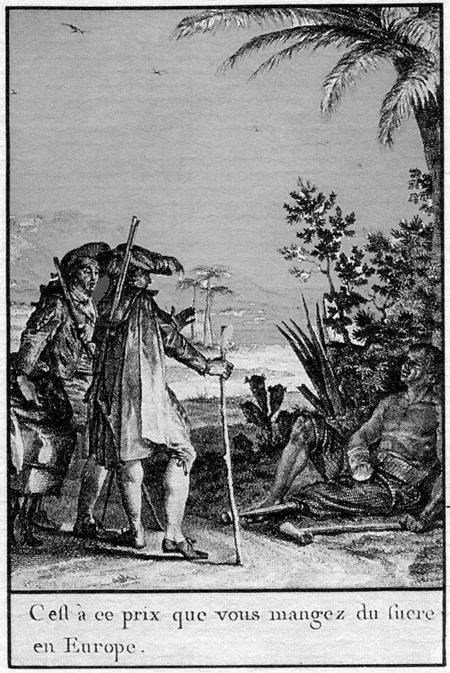
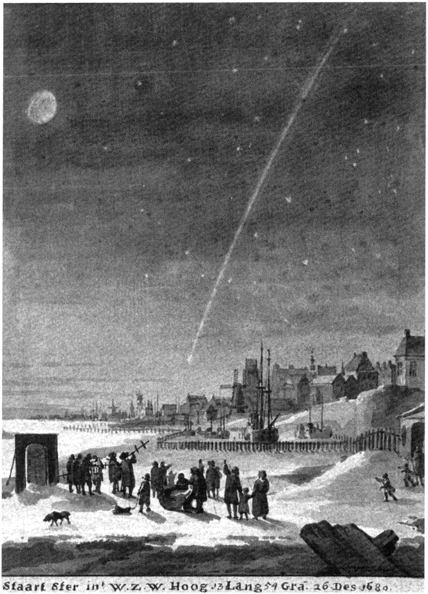
About us
Our main concern is the disturbing gap between ‘fast journalism’ and ‘deep historical reflection’ or ‘slow journalism’. This disturbing gap makes our present situation, with a sudden explosive clash of value systems, a precarious time to live in. The ‘fast and fake news’ figuring in interpreting this present situation is dangerously biased. Not speaking out is not an option.
With our background in journalism and philosophy we recognized in the figure of Pierre Bayle (1647 -1706) a role model for ‘slow journalism’. Also living in times of an explosive clash of value systems (devastating religious wars in Europe), fighting against fake news, accused of an international conspiracy against the government of the country where he lived in exile, he relentlessly maintained high ideals of humanity, freedom, toleration, and of fighting dogmatism. He already started a news letter about important events in ‘the republic of letters’, one of the first book review magazines in the world. After being removed from his philosophy chair in the city of Rotterdam, due to the false accusations of conspiring against the prince of Orange, he decided to compose a Critical en Historical Dictionary (source of inspiration for Encyclopedists of the Enlightenment), which, through his broad historical knowledge, his way of quoting the relevant authors, and his printed text innovations (a kind of printed hyper text avant la lettre, with many notes and critical remarks without loosing sight on the main subject), became a complete historical (and certainly critical) library in two volumes, easy to obtain and use for the fellow citizens of his time.
His honest and fair use of human knowledge, and very important: knowing its limitations, forms our inspiration for our work.
Contact the Pierre Bayle Institute
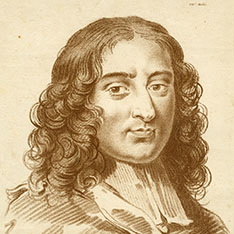
Contact the PB Institute
Journalism and the philosophy of Art
